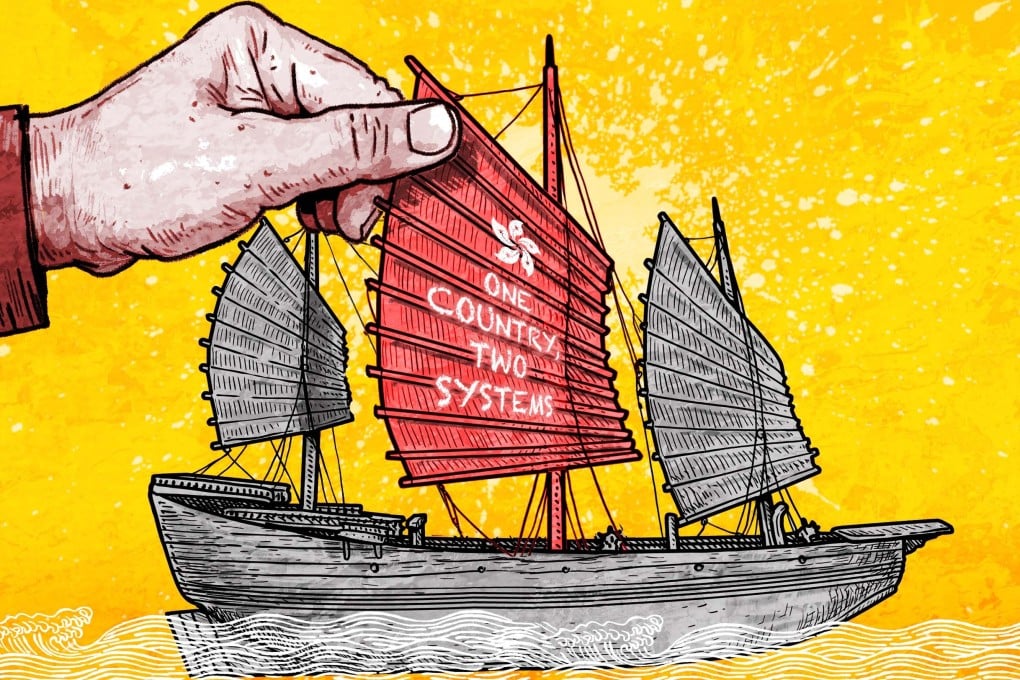Deng Xiaoping’s legacy in Hong Kong – the unfinished business of one country, two systems
- Analysts and experts discuss how Deng Xiaoping’s policy approach to Hong Kong has changed amid protests, pandemics and economic changes

In late 1991, Hong Kong businessman Frederick Ma Si-hang desperately wanted to sell his company’s stake in a luxury hotel in Beijing for some much-needed cash.
But Jin Guang New World Hotel in Beijing charged only US$20 per room a night amid a sluggish economy and stiff competition. No buyer wanted to touch it.
“There was no way we could make money,” recounted Ma, 72, then managing director of one of Hong Kong’s largest construction companies, Kumagai Gumi, that built the hotel.
Unbeknown to him, a pint-sized dynamo of a leader was about to embark on an epic journey that would unleash China’s economic potential for decades beyond.
Deng Xiaoping went on his fabled tour of the southern provinces of China in early 1992 as he put the country on a path of reform and opening up to the world.
Shenzhen became a special economic zone, becoming one of the country’s first manufacturing hubs and Hong Kong sealed its reputation as a financial centre channelling investments to mainland China and connecting it to the world.